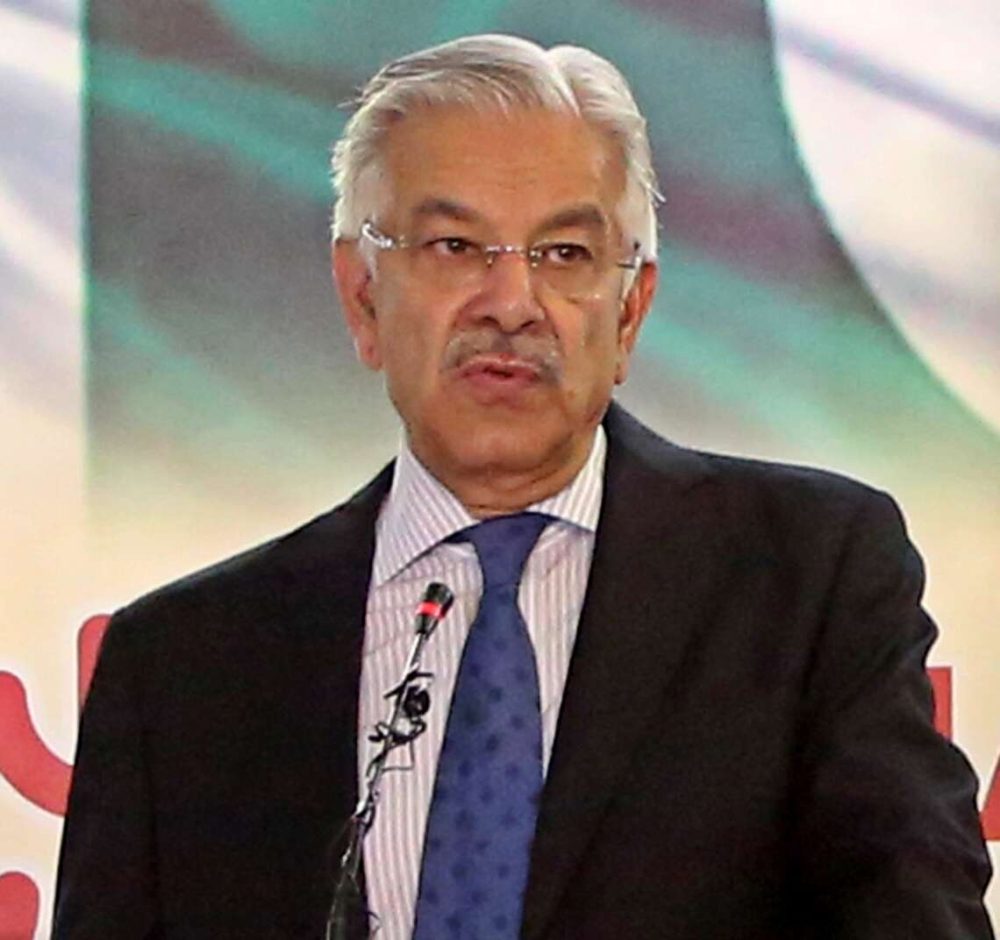China rules Tibet with a tight grip, restricting Tibetans’ political activities and expression of cultural and religious identity, especially during festivals like Losar…reports Asian Lite News
Tibetans in Tibet have told their relatives in exile to refrain from contacting them this week during the Tibetan New Year called Losar, citing fears of being persecuted by Chinese authorities amid increase in surveillance activities and surprise security searches during the politically sensitive time, sources in the region said.
Chinese authorities have clamped down on Tibetans during Losar, celebrated on February 20-26 this year, with cellphone checks and raids in Lhasa, Xigatse and Chamdo, the sources said, Radio Free Asia (RFA) reported. Before the holiday, authorities warned against holding events that could endanger national security and said they would take immediate action against them.
A Tibetan living in Dharamsala, India, called his relatives in China’s western Tibet Autonomous Region to wish them well for the Tibetan New Year, but they asked that he not contact them, RFA reported.
China rules Tibet with a tight grip, restricting Tibetans’ political activities and expression of cultural and religious identity, especially during festivals like Losar. Tibetans say that Chinese authorities trample on their human rights and are trying to stamp out their religious, linguistic and cultural identity.
Chinese security forces are usually deployed in large numbers in Tibetan-populated areas to monitor crowds gathered for religious festivals and to prevent possible protests during Losar, RFA reported.
The holiday comes just before a politically sensitive anniversary on March 10, commemorating the Tibetan uprising of 1959 during which tens of thousands of Tibetans took to the streets of the regional capital Lhasa in protest against China’s invasion and occupation of their homeland a decade earlier.
The failure of the armed rebellion resulted in a violent crackdown on Tibetan independence movements, and the flight of the Dalai Lama and many Tibetans into exile in Dharamsala.
Another Tibetan who now lives in exile but has family members in Lhasa, said even written communication was risky in the current environment, RFA reported.
“Without permission from the government, one cannot print out anything at the moment,” he told RFA.
A Tibetan living outside the region who has relatives in Shigatse, about 275 kilometres west of Lhasa, said that his parents sounded very tense when he called and told him to refrain from contacting or sharing messages with them.














